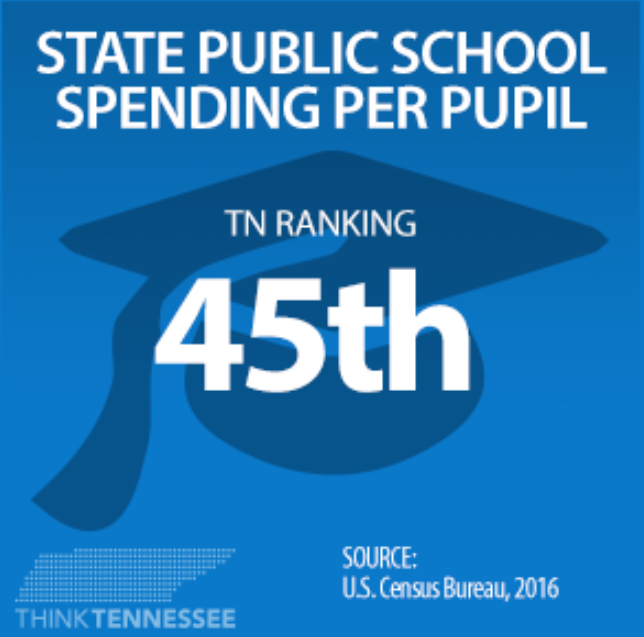JC Bowman, Executive Director of Professional Educators of Tennessee, offers thoughts on testing transparency as the next round of TNReady approaches.
Thomas Jefferson believed: “The government closest to the people serves the people best.” We could not agree more. In Tennessee, our state agencies have a core function to serve the citizen’s interest, and protect our taxpayers to the benefit of the state. To ensure our school districts have aligned standards and instructional practices, we must have greater transparency in testing. Recently, Senate Bill 753/House Bill 1246 was introduced to address this critical issue.
This legislation, which we call the Testing Transparency Act, is common sense and is supported by both the Professional Educators of Tennessee and the Tennessee School Boards Association. The legislation will require the Tennessee Department of Education to release 50 percent of questions, with correct answers, from the TCAP tests of the 2019-20 school year, 75 percent of questions, with correct answers, from the TCAP tests of the 2020-21 school year, and 100 percent of questions, with correct answers, from the TCAP tests of the 2021-22 school year, to each LEA and public school. This proposed legislation will require these questions to be sent no less than 30 days after completion of TCAP tests.
That sounds simple enough, and it allows the state time to develop an adequate supply of questions. More importantly, it creates transparency in the system, and restores trust to the process. This importance is critical, if stakeholders are to have any faith in our testing system. By releasing the test questions LEAs can:
- Have informed discussions about a school or district’s curriculum.
- Allow educators to explore the links between concepts they teach and ways to measure students’ understanding.
- Permit districts and educators to design their own assessment according to their needs.
- Encourage districts and educators to reflect on the performance of their students in comparison to the performance of students in other schools and districts.
Accurate or not, tests have come to be viewed by the public as indicators of how well schools are educating our children. If this were the sole standard by which we measure success, then we have failed students, parents, and taxpayers—and especially our educators. Our state has spent an inordinate amount of time and money to test our students, without much to show for our efforts. It is time that changes, and the state must be willing to embrace this needed transparency.
The fixation by policymakers with increasing test scores, often overlooks the point that many policymakers, stakeholders and the general public do not really understand testing and/or the process. This helps lift the veil of secrecy, fosters needed discussion and helps us better measure what our educators teach.
If you believe in the importance of testing, your support of the Testing Transparency Act helps ensure that our public schools are not judged with the wrong assessment tools. If you do not support the Testing Transparency Act, you will be unable to bolster a case to create a different way of measuring school performance and support continued spending on statewide testing without having a chance to see the results. Senate Bill 753/House Bill 1246 is needed in Tennessee, and we encourage its passage.

For more on education politics and policy in Tennessee, follow @TNEdReport







